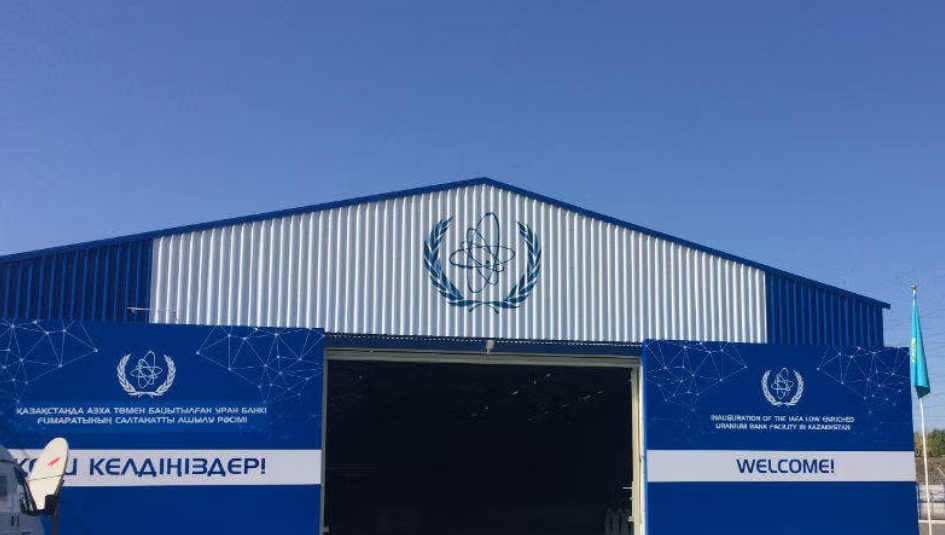Astana's ‘nuclear diplomacy’
Kazakhstan will sign an agreement with Moscow by the end of the year for the construction of its first nuclear power plant, but it already has plans for a second one to be built together with the Chiona National Nuclear Corporation, which could be completed more quickly. And Tokaert is also leaving the door open to Western consortia for a third plant.
Astana (AsiaNews) - Kazakh authorities have announced that they plan to sign an agreement with Russia by the end of the year for the construction of a nuclear power plant, Kazakh Nuclear Energy Agency President Almasadam Satkaliev told reporters. To achieve this, negotiations must be concluded by the special intergovernmental commission, which will then refer the matter to the Energy Council. These bodies are working intensively, and the necessary expenditure is expected to be no less than billion.
Radio Svoboda's expert on Central Asian affairs, Merkhat Šaripžanov, attempts to take stock of Kazakhstan's “nuclear diplomacy”, also in light of Chinese President Xi Jinping's recent visit to Astana, during which energy issues were discussed as a tool not only for economic development but also for geopolitical balance between world powers.
The decision to build the nuclear power plant was taken during a referendum on 6 October 2024, with over 70% of voters in favour. The referendum campaign was conducted under fairly strict controls, with the arrest of 30 activists opposed to the proposal, a ban on public demonstrations and clear manipulation of the voting results. In Kazakhstan's most politically active city, the southern capital of Almaty, only 25% of those eligible to vote turned out, as a form of protest against the repression. However, the result was then used as definitive legitimisation of the project, with the stated aim of reducing dependence on coal-fired power and lowering electricity prices for all citizens.
It was finally decided to conclude the agreement with Russia to build the plant by 2036, entrusting its construction to the state-owned company Rosatom, which will take control of the entire project by the end of this year. However, during Xi Jinping's visit, it was also announced that a second nuclear power plant will be built later, together with the China National Nuclear Corporation. Satkaliev himself stressed that China, like Russia, is one of the “small number of states capable of carrying out the entire nuclear energy cycle, from design to full operation”.
In this way, Šaripžanov comments, “Kazakhstan has gone beyond its role as an object of external influence to become a subject of active nuclear diplomacy”, leaving Russia in the lead but hinting that the leadership may subsequently pass to China. Beyond the planning stages, the operation may develop more quickly from Beijing, considering Moscow's economic difficulties linked to military spending on the war in Ukraine. This energy project would thus become a symbolic proclamation of Chinese dominance in Eurasia, leaving the Russians with only an illusion of power.
It is no coincidence that President Kasym-Žomart Tokaev had stated from the outset that Kazakhstan intends to build not one but three nuclear power plants, and after the referendum he spoke of the need to set up an “international consortium” bringing together the world's leading companies with the most advanced technologies. South Korean and French companies have also been mentioned, thus leaving room for Westerners after the Russians and Chinese, and securing a central role for Kazakhstan in the future of “atomic geopolitics”.







.png)










